Politics must not be a means to wealth accumulation

The disclosures of the Transparency International Bangladesh (TIB) vis-à-vis the assets of candidates contesting in the 12th parliamentary election cannot be called exactly sensational. Over the past couple of weeks, we have seen similar, if selected, dissections of the affidavits submitted by candidates to the Election Commission. But the TIB provides a broad, comparative overview of their assets, bringing into critical focus the state of politics—and politicians—in today's Bangladesh.
For example, according to the TIB, the 2024 election is set to witness the highest number of candidates with movable or liquid assets of at least Tk 1 crore in recent history. From 274 in 2008 election and 522 in 2018 election, the number of such candidates has surged to 571 this time around. Unsurprisingly, the ruling Awami League has seen the highest surge: in 2008, 28 percent of its candidates had such wealth, which has now ballooned to 86.96 percent—constituting 235 of its 286 nominees. Moreover, the TIB report identified 18 candidates possessing assets worth over Tk 100 crore, and some possessing over Tk 200-300 crore. Some ministers and lawmakers have also seen astronomical increases in their wealth with percentages ranging from several hundred to thousands!
Unfortunately, the picture that has emerged of the financial health of candidates may only be the tip of the iceberg, as the TIB has only reviewed their movable or liquid assets, not real estates. Add to that the gross undervaluation of assets by some, presumably to evade taxes, and the tendency of not disclosing all assets, as in the case of a minister who allegedly concealed information about UK-based businesses valued at Tk 2,312 crore. All this is deeply troubling.
While having wealth itself cannot be reason enough to disqualify a candidate, the massive surge in their wealth as well as number raises critical concerns about the widening economic disparity in society, fair electoral representation, and corruption in politics. Affidavits submitted by the candidates should thus be thoroughly examined to check potential irregularities. Unfortunately, the relevant authorities, including the Election Commission, Anti-Corruption Commission, and National Board of Revenue, have yet to signal their readiness to do so. This must change. While one cannot expect much from an election that the opposition camp has already boycotted, these candidates, many among them potential lawmakers, have a big task at hands, and their honesty and integrity to serve the public must be judged for the sake of our future.

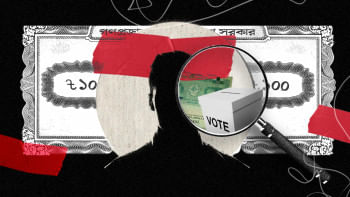
 For all latest news, follow The Daily Star's Google News channel.
For all latest news, follow The Daily Star's Google News channel. 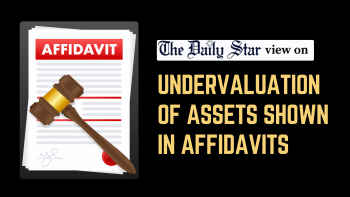
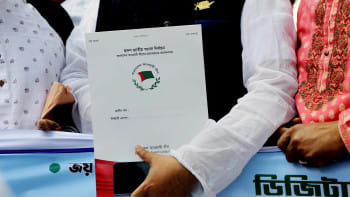


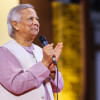
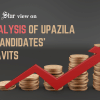
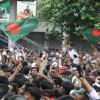
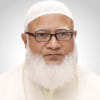
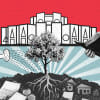


Comments